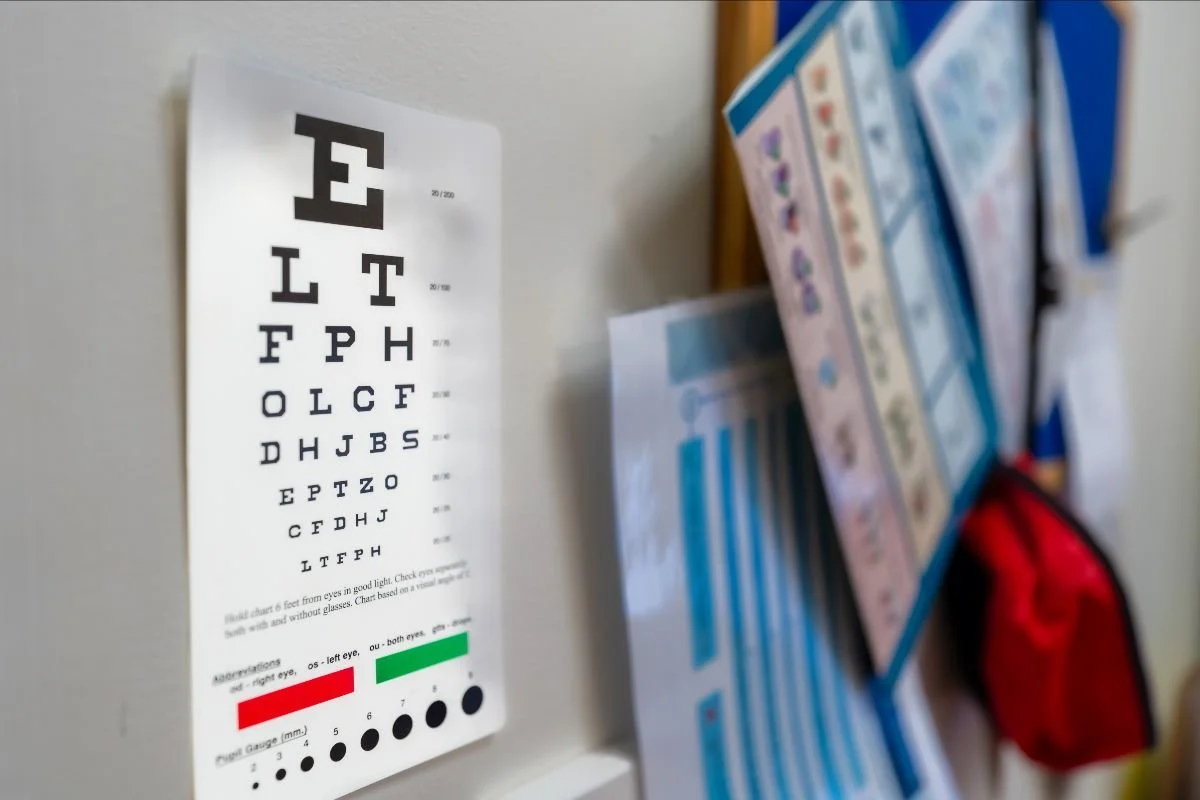Te Aro Health At DCM: A Partnership Making A Difference
Four mornings a week, nurses from Te Aro Health Centre run a drop-in clinic at DCM. There are no appointments, no long waits, and no need to explain yourself. Just a warm space where DCM whānau can walk in and be met with respect, compassion, and care.
Te Aro Health and DCM have worked together for many years, offering accessible support to people experiencing homelessness or housing insecurity. The partnership bridges gaps that often prevent people from getting help: cost, stigma, trauma, system navigation, and more.
“We provide primary healthcare to the people that come into DCM,” says Serena, nurse practitioner and clinic lead at Te Aro. “The population that we work with here has different and possibly more complex needs than the general population.”
The health challenges seen at the clinic reflect a much bigger picture and Serena sees the weight of trauma, poverty and isolation in the people she cares for every day.
“Unfortunately, we deal with a lot of premature death. Our cohort dies at a much younger age than the general population, and that seems to happen, in some ways, in spite of the care we try to provide and the accessibility of the care. There’s something greater that we’re not able to achieve because of social determinants.”
For Serena, the collaboration between DCM and Te Aro Health is a necessity to the people in our city experiencing or at risk of homelessness and she notes similarities between the kaupapa (principles) of the two services.
“DCM is somewhere that people in the homeless community feel connected to. We’re essentially coming to their place to deliver care to them. Te Aro was started by a doctor who opened the boot of their car and provided some basic primary healthcare on the street. It was about going out to people.”
“DCM also has the social service layer. If someone presents to me and says they need assistance with WINZ or housing, I can do my bit, and then DCM can do the other part of the work.”
“I think the nurse practitioner role works really well, because we see people within their personal but also whānau and community context. We try to cover the different domains of people’s health, so that’s the physical, the mental, the social, the spiritual and the connection to land or community or whānau.”
Serena says the connection, trust, and time that the clinic offers makes all the difference. “I think when you come here, you feel part of a community. You feel respected."
"It's a privilege to have people tell you about the parts of their life that they might not share with others. I think that’s a big part of our working at DCM - hearing the stories and being able to just listen and validate and want to understand someone's journey a bit."
“Lots and lots of the people that we work with have had difficult lives and are still here. They’re survivors. I have huge respect for them.”

